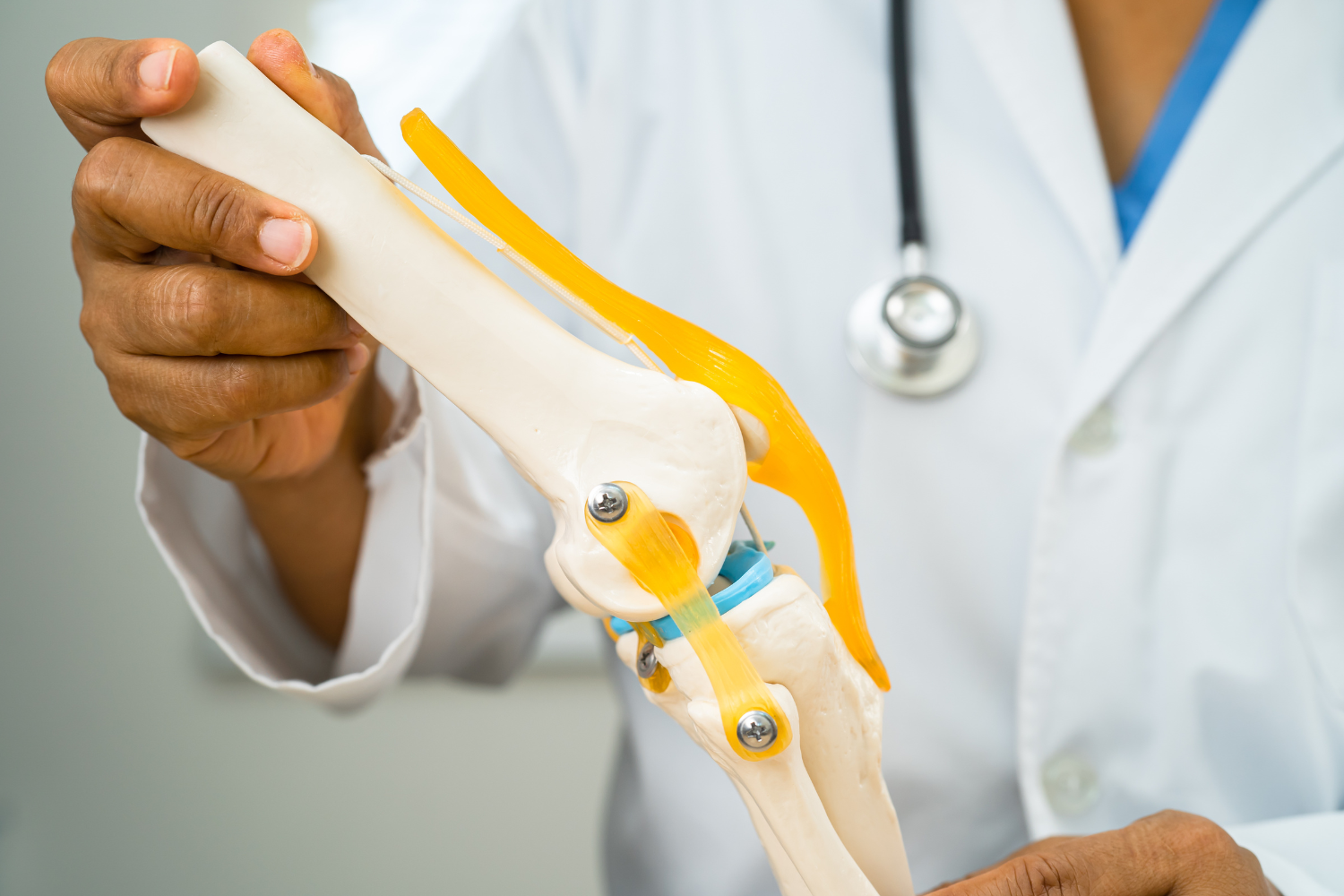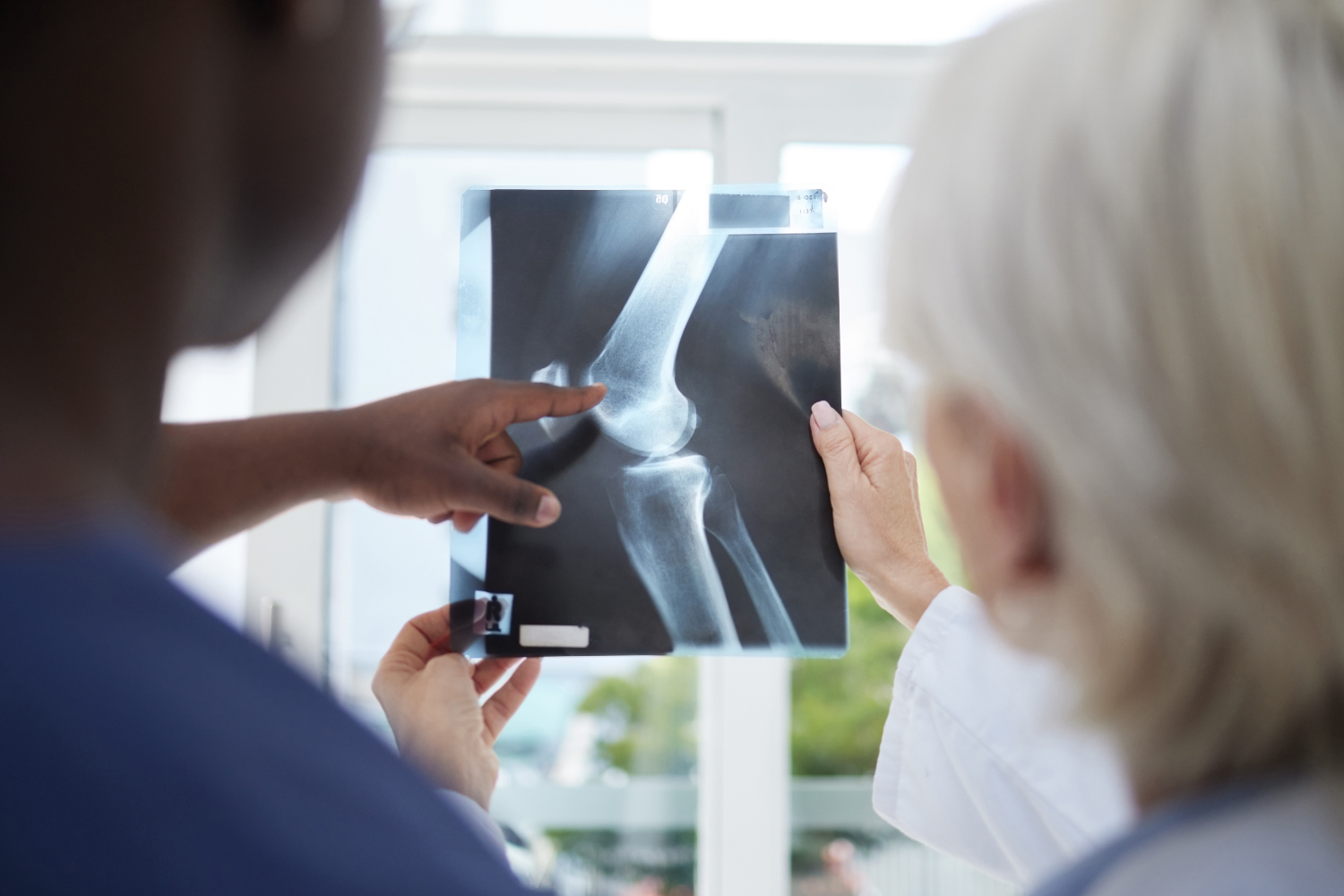
Dr. Gerardo Mangino / Knee & Hip Specialist Blog

Daily Shoulder Pain: Treatment Options That Actually Work
Discover proven daily shoulder pain treatment options, from physical therapy and home care to injections and advanced orthopedic solutions, guided by Dr Mangino.

Failed Joint Replacement: When Revision Surgery Is Necessary
Learn why joint replacements fail and when failed joint replacement revision surgery is necessary. Dr Mangino explains causes, diagnosis, treatment options, and recovery.

Surgery Travel Checklist for Mexico: What Patients Need to Prepare
Use this complete surgery travel checklist for Mexico to plan your medical trip, including documents, provider selection, recovery planning, accommodations, and post-op care essentials for a safe experience.

Get a Second Orthopedic Opinion Online from Trusted Specialists
Get a second opinion orthopedic online from trusted specialists. Confirm your diagnosis, explore treatment options, and make confident care decisions from home.

Non-Surgical Pain Management Options for Joint and Muscle Relief
Explore effective non surgical pain management options including physical therapy, injections, regenerative treatments, and lifestyle changes to relieve chronic joint and muscle pain without surgery.

Orthopedic Tourism in Cabo San Lucas: High-Quality Care at Affordable Costs
Discover why orthopedic tourism in Cabo San Lucas offers expert surgeons, modern hospitals, and affordable hip and knee replacement options for international patients seeking safe, high-quality care.

Shoulder Replacement Surgery: Complete Overview and Recovery
Learn what shoulder replacement surgery involves, who is a candidate, recovery time, risks, and long-term outcomes. A complete shoulder replacement surgery overview to help you regain mobility and reduce pain.

Am I Ready for Joint Replacement? Key Signals, Expert Evaluation, and Next Steps
Wondering am I ready for joint replacement? Learn the key signs, evaluation process, and how Dr. Gerardo Mangino helps patients restore mobility and quality of life.
.png)
How to Book Surgery in Mexico: A Complete Guide for Safe, Affordable, World-Class Care
Learn how to book surgery in Mexico safely and affordably. Dr. Gerardo Mangino explains the process, costs, recovery, and expert orthopedic care options.

Physical Therapy After Joint Replacement: A Complete Guide to Recovery and Long-Term Mobility
Physical therapy after joint replacement is essential for restoring mobility, reducing pain, and achieving long-term success. Learn how Dr. Gerardo Mangino’s expert, patient-centered approach supports safe recovery and lasting joint health in Los Cabos.
.jpg)
Dr. Gerardo Mangino-Knee & Hip Specialist
Welcome to the practice of Dr. Gerardo Mangino - Knee & Hip Specialist in Cabo San Lucas, Mexico. Dr. Mangino and his team are dedicated to providing expert and affordable orthopedic care to relieve your pain and help you live life to the fullest. His affiliations include:
- AAOS: American Association of Orthopaedic Surgeons
- Colegio de Ortopedia y Traumatología of B.C.S.
- FEMECOT: Federación Mexicana De Colegios De Ortopedia Y Traumatología Ac
International patients can request a virtual consultation by using our online form or calling +1-888-309-5779. For an in-person consultation in Los Cabos, please call +52-624-104-9300, ext. 3216.
Hospital H+
Plaza Koral Center
Hospital H+, Bv. Cerro Colorado
San José del Cabo, B.C. 23400
Open Today 9:00am - 2:00pm

.png)
.png)



